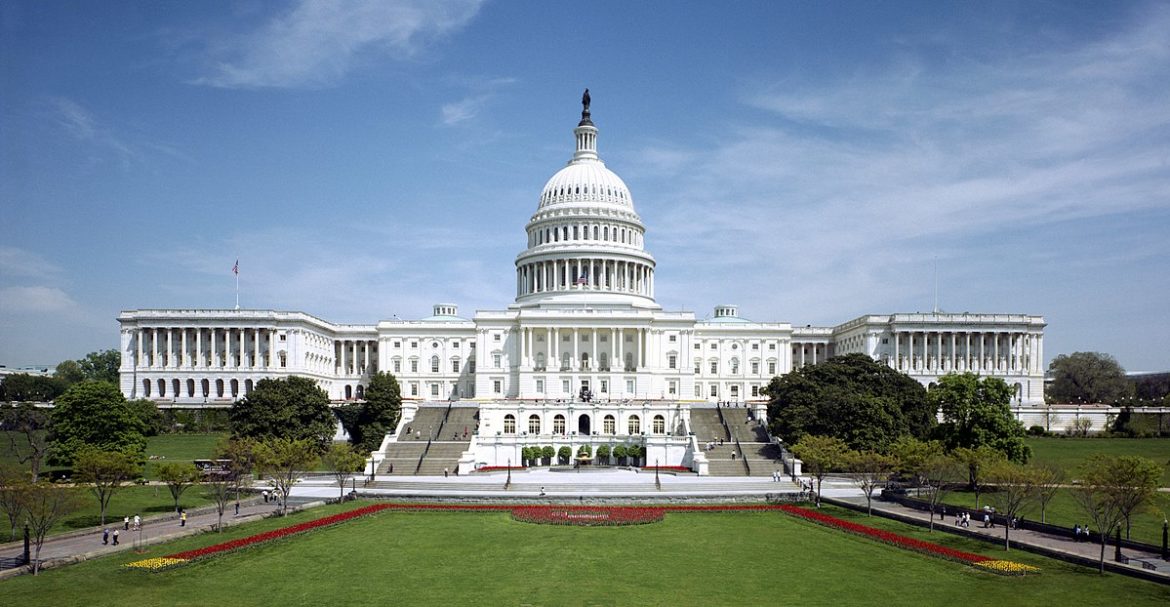Tax changes under way in Congress could impact youth services in harmful ways, some youth advocates say.
Leaders of the Afterschool Alliance fear that tax cuts will be financed by upcoming cuts in spending for youth.
The National Council of Nonprofits is worried that tax changes will significantly reduce support for nonprofits across the country.
As House and Senate Republicans hammer out the Tax Cut and Jobs Act, the Joint Committee on Taxation estimates the bill will add $1 trillion to the federal debt.
Supporters see tax cuts as stimulating economic growth that will trickle down from rich to poor. “That has not been the case” in the past, said Erik Peterson, vice president of policy for the Afterschool Alliance.
His fear is that the increased deficit will be used to justify cuts to programs including the 21st Century Community Learning Centers initiative, the main federal funding stream for after-school programs. It serves 1.7 million children around the nation, many in low-income areas. Peterson said he is “cautiously optimistic” that planned funding for fiscal year 2018 will be approved by Congress, but he thinks future funds could be jeopardized.
Other programs that could be targeted for cuts are child care development block grants, Title I funding and AmeriCorps funds, he said.
‘Great apprehension’
Nonprofits of all kinds, including youth-serving ones, are feeling “great apprehension,” said Rick Cohen, director of communications and operations for the council.
Under the tax bill, donations to nonprofits could be reduced by $13 billion, according to researchers earlier in the year at the Indiana University Lilly Family School of Philanthropy.
That’s because far fewer taxpayers would get a tax deduction for donating to charity.
The Tax Cut and Jobs Act nearly doubles the standard deduction for individuals, setting it at $12,000. This would mean that only about 5 percent of taxpayers would itemize their deductions, compared with 30 percent who currently do, Cohen said.
Tax deductions for charitable giving are only available to taxpayers who itemize.
“Nobody is saying people won’t continue to give,” he said. “People will continue to be generous.” But tax incentives cause them to give more.
Like the Afterschool Alliance, the National Council of Nonprofits is concerned about domestic spending cuts that could occur in 2018. On Wednesday, House Speaker Paul Ryan said he wanted to take action next year to reduce anti-poverty and federal health care spending, citing the federal deficit. Medicaid and Medicare are targeted.
If such cuts are made, “people will look to nonprofits for additional services,” Cohen said. “Demands are going to go up and revenue is going to go down. It’s going to be a challenging time for nonprofits.”
Some Republicans had sought to repeal the deduction for state and local taxes, but agreed to keep it, according to news reports on Wednesday. Without that deduction for taxpayers, states and local governments would have been under greater pressure to cut taxes and spending, which would impact programs for people in need, according to the National Council on Nonprofits.
This story has been updated.


























